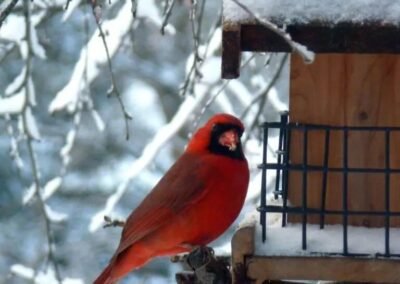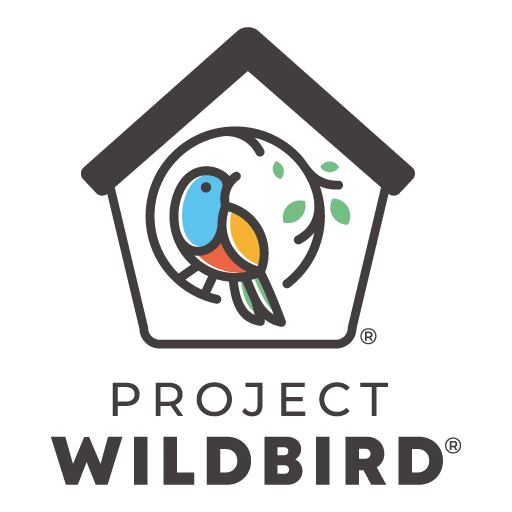AOS Announces Transformative Changes to English Bird Names
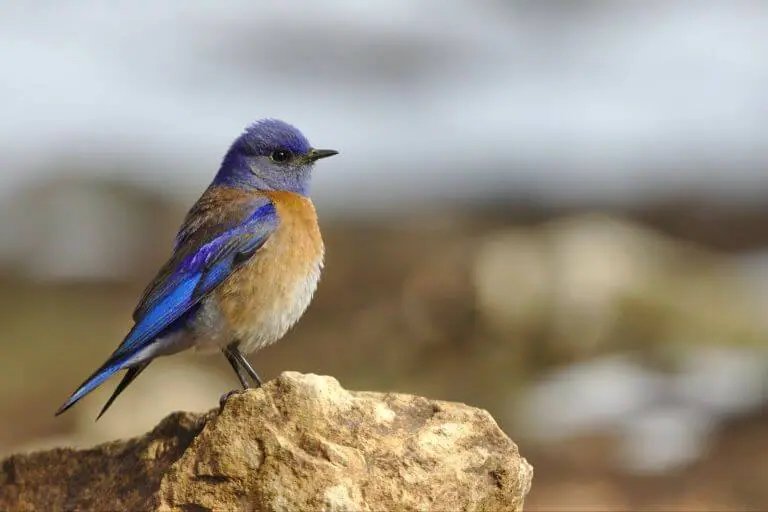
In a landmark announcement, the American Ornithological Society (AOS) has declared a paradigm shift in the nomenclature of English bird names. The move, driven by a commitment to inclusivity and a desire to engage a broader audience in bird conservation, will involve renaming 70–80 bird species primarily found in the U.S. and Canada. The decision reflects the AOS’s dedication to addressing historical wrongs and fostering a more inclusive scientific process.
AOS CEO Judith Scarl emphasized the importance of eliminating historic biases in the naming process, dating back to the 1800s and clouded by racism and misogyny. The AOS aims to redirect attention to the birds themselves, ensuring that the naming process is inclusive and celebrates the unique features and beauty of each species.
There were long-standing debates among ornithologists about historical practices that contributed to the exclusion of diverse communities. Notably, the renaming of a prairie songbird in 2020 (McCown’s Longspur to Thick-billed Longspur), originally honoring a Confederate Army general, underscored the need for change and sensitivity. The goal is to redirect the focus to the birds themselves.
Against the backdrop of alarming bird population declines in North America, Scarl also stressed the urgency of inspiring as many people as possible to unite in bird protection efforts. North America has lost nearly 3 billion birds since 1970, making it crucial to create enthusiasm and unity around bird conservation.
The AOS plans to conduct a scientifically rigorous pilot program in 2024, soliciting public input to shape the new approach to English bird names in the U.S. and Canada. The AOS is determined to actively involve the public in the process of selecting new English bird names to ensure a democratic and inclusive approach.
The AOS has firmly asserted that scientific names will remain unaffected. These scientific names, such as Haliaeetus leucocephalus (Bald Eagle), play a crucial role as a universal language within the scientific community. They are subject to regular updates based on the latest research findings and international naming standards. Notably, certain names, such as American Crow and Carolina Chickadee, which derive from locations named after individuals, will remain unchanged. This subset is recognized as secondary eponyms, and, for the time being, they will keep their existing nomenclature.
The American Ornithological Society’s decision to rename bird species named after people holds significant implications for the birding industry. By actively engaging in public education, community involvement, and adapting to evolving market trends, businesses within the birding industry can lead the way in addressing the shift in bird naming conventions. This change may bring about innovations in eco-friendly products and experiences, positioning the industry as a trailblazer in the evolving landscape of ornithology.
Recent Articles
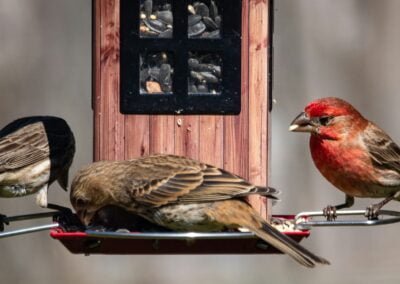
Fall in Love with Local Birds – Feeder Tips
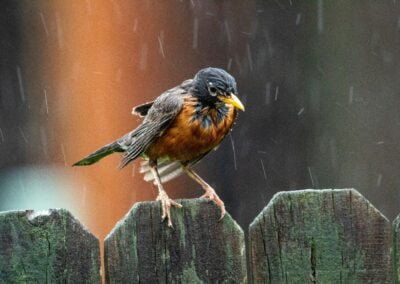
Fall in Love with Local Birds – The Importance of Year-Round Feeding

Fall in Love with Local Birds – Top Feeder Ingredients

Fall in Love with Local Birds – North American Non-Migratory Birds
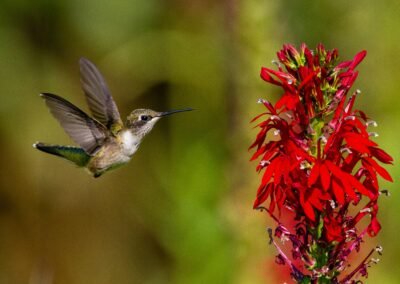
Chasing Spring: The Marvel of Hummingbird Migration

2024 Great Backyard Bird Count Results
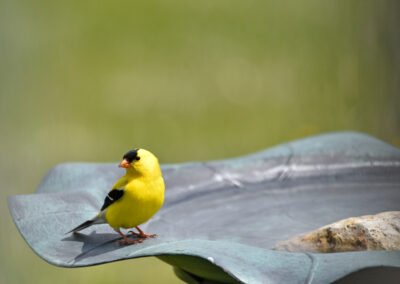
The Art of Attracting Birds to Your Yard
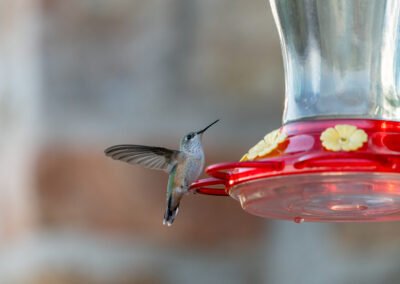
Why Bird Feeding is Important
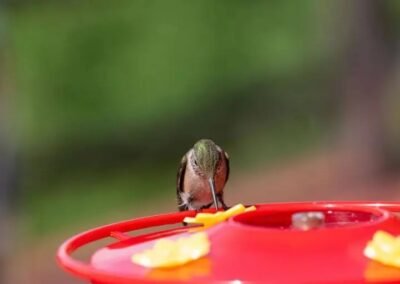
Hot Tips for Cool Birds: Caring for Feathered Friends During the Summer Heat
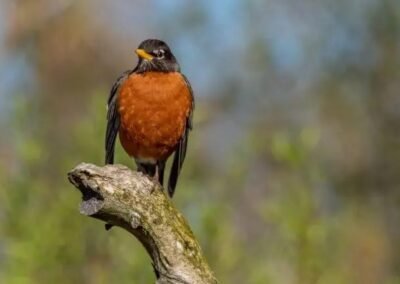
The Soothing Melody of Birds: Exploring the Mental Health Benefits of Nature’s Song
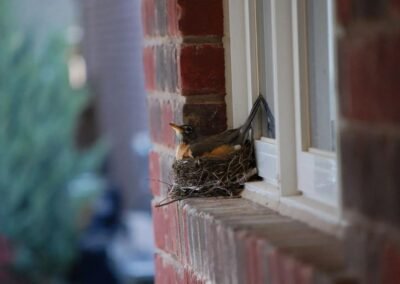
How To Stop Birds From Building Nests On Your House
